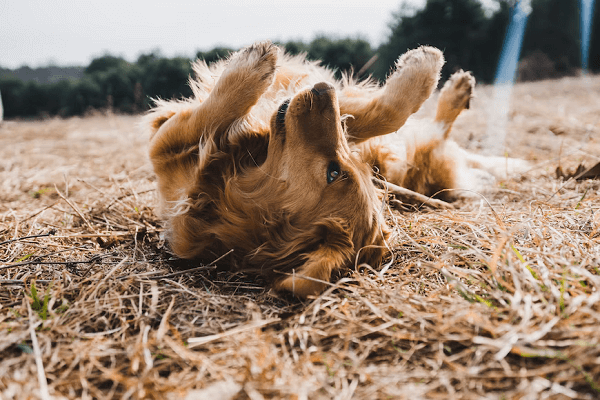A Guide to Understanding Your Dog’s Personality

Of course, you love your dog, but do you know its personality? Dogs are such complex creatures that it can be hard to understand their minds and motivations. But by understanding dogs at their most basic level—their genetics, what kind of breed they are, and how they interact with people—you can get a good idea of what makes them tick.
It’s Easy To Understand
Similar to humans, dogs also have different personality types. Some dogs are shy, some are energetic and playful, and others are calm and gentle. You can even see this in the way they act with other dogs. And, of course, many factors affect their personalities: upbringing, environment, and age influence how your pooch will react to certain situations or commands.
Understanding your dog’s personality helps you gauge their needs better and know how to provide for them. A dog’s breed determines its behavior, including how it might react to certain stimuli.
Your Dog Will Always Have A Mind Of Its Own
As a dog owner, it’s essential to understand your pet’s personality. It will help you determine what training methods are best for them.
For example, if your dog is very playful and energetic most of the time, there’s a good chance that they are also very social. This means that they crave attention from people and other dogs. They will want to play with others when allowed to do so.
The same goes for high-energy dogs. If yours has an abundance of energy at all times, then it requires lots of mental and physical exercise to be happy and healthy throughout their lifetime. You can get amazing toys from online stores such as PetCareRx that will be a delight for your pooch and can also build an outhouse for them to enjoy themselves.
Smaller Breeds Are Different From Larger Breeds
If you have a small dog, such as a Chihuahua or Pomeranian, your companion will likely have a different personality than one of its larger counterparts. Smaller breeds tend to be more energetic and affectionate. They may also be more skittish (think of how cats can be), fearful, or aggressive towards other dogs. In addition to their size, some other factors influence how individual dogs behave.
Dogs Break Down Into Various Categories
The various categories include household, working, and sporting.
Household dogs are usually friendly and social but don’t require much exercise. These are great companions for people who live in apartments or small homes.
Sporting dogs include retrievers and pointers bred to hunt birds. These pups are good at following directions and have incredible memories that help them remember where they found the bird last time. They also love to swim and retrieve objects thrown into the water because it’s natural.
Working breeds include German shepherds and Dobermans. These dogs were bred as guard dogs or guard animals for livestock. They’re known for having long legs, so they can leap up high fences if necessary.
Dogs Are Pack Animals
Dogs are social animals. Your dog wants to be part of a group but has also developed territorial instincts. Your dog may be skittish around strangers, unfamiliar places, and new people. They are incredibly loyal to their owners but also want to be with other dogs. Dogs are playful, protective, and intelligent. They tend to be extremely curious about everything around them and love affection from people (and sometimes other animals).
Dogs Prefer Some Forms Of Affection
In a similar vein, dogs are just as picky about their affection. Some dogs love to be petted, while others prefer to be rubbed on the belly or behind the ears. The key here is to understand what makes your dog comfortable and give them what they want. Your dog may be afraid of loud noises like thunder or fireworks and big groups of people because they can be threatening factors to them. A study done at the University of Lincoln in England reported that 65% of the dogs involved in the study showed signs of fear and anxiety when exposed to loud sounds.
Another study found that dogs were more likely to look toward their owners when they knew they were coming back than when they didn’t know if their owner was coming back. This suggests that dogs can sense whether or not their owners are excited about them being there.
Some Dogs Shy Away From Bigger Groups Of People
A study also showed that some dogs often shy away from bigger groups. This is likely because strangers threaten the dog’s safety, but it can also be something as simple as not being accustomed to how strangers behave.
If you have a dog who seems afraid of strangers, try these tips:
· Consult your veterinarian about the causes of this behavior. Your vet may recommend medication or behavior modification techniques to help your dog feel more comfortable around others.
· Try socializing with other people and pets when you’re out and about together. This will help your pup get used to different situations and interactions so he won’t feel anxious later down the road.
Conclusion
Your dog is an individual with a unique personality. They’re not going to be like every other dog out there, and that’s okay. If you find yourself stumped on understanding your dog’s behavior, just remember that there are always online resources you can refer to and pet forums that can help.














